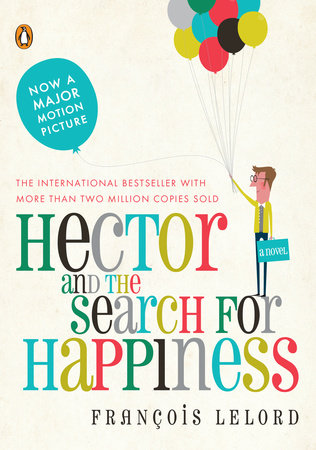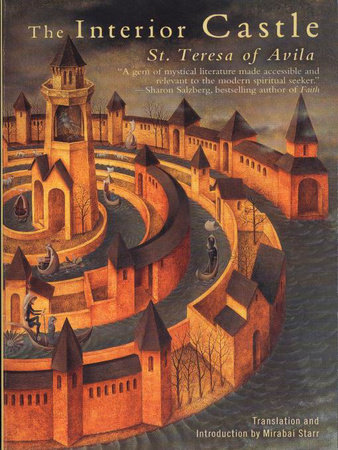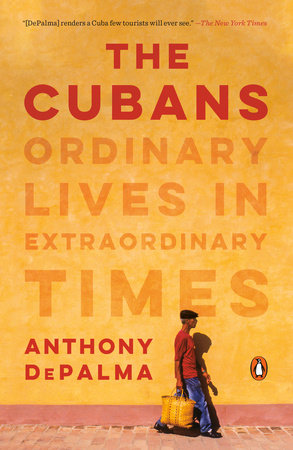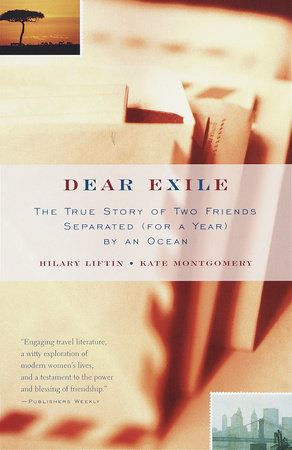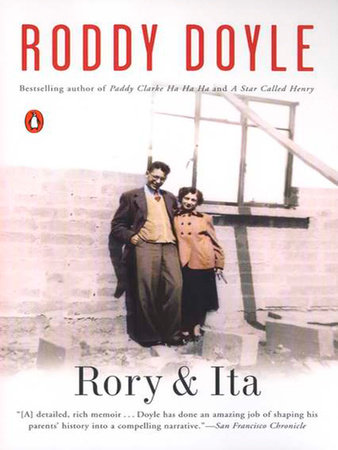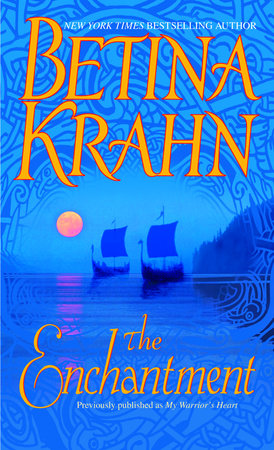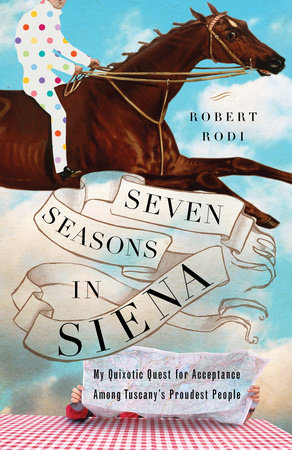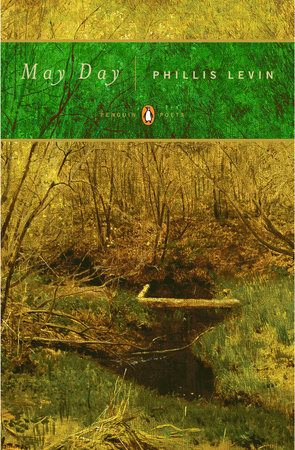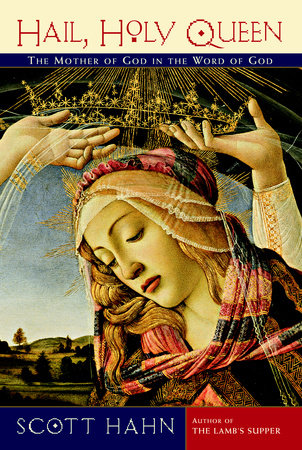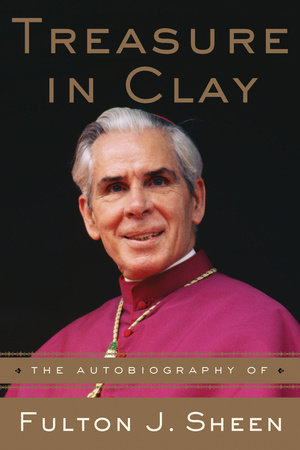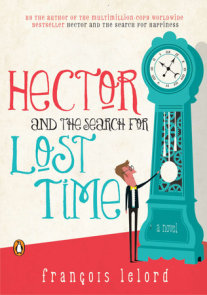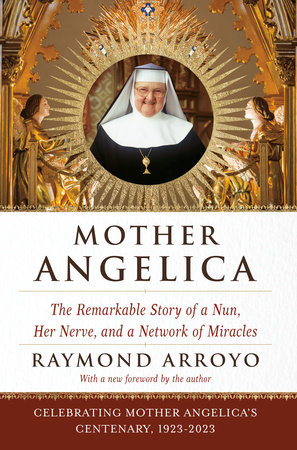Author Q&A
Hector and the Search for Happiness was inspired by your own search for happiness in some measure. Can you explain how the book came to be?
At that time I felt a little exhausted by my professional practice, and not feeling like writing the new self-help book my publisher was waiting for. During a trip in Hong Kong when I was questioning my personal and professional life directions, Hector character popped up in my mind. I wrote Hector's Journey with jubilation in a few weeks, not knowing exactly what kind of book I was writing, and why I had chosen at first this fairy-tale style.
Your prose in this book is quite spare, with a folktale's simplicity. How did you arrive at this particular style of writing?
Afterwards I realized than I have been influenced by some masterpieces that every French schoolboy had to read in the sixties, specially, Candide by Voltaire, Le Petit Prince by Saint-Exupery, and I realized recently Kafka, in the adventures of the naïve Kark in Amerika, one of my favorite books.
You have also written self-help books. Are there any parallels between writing fiction and writing self-help literature, either in terms of your process or the ideas that you're exploring?
For me these are different process. Writing nonfiction implies a lot of planning and checking; it's like building a piece of furniture, you have to design it at first, to look for materials in advance. Writing fiction is for me the opposite, you write everyday in kind of daydreaming state, just trying not to loose your track, in the case of Hector writing about happiness.
How did you choose the particular destinations for Hector's journey?
It came from trips I had at that time and the years before, the ones which had left me with unforgettable—and so emotional—memories.
Hector's list of guiding principles for happiness becomes a sort of road map for him as he travels. Did you start out writing the book with these principles in hand or did they come to you along the way?
I started writing already loaded on the academic literature and philosophy I have happened to read on happiness, my personal experiences, and the ones of my patients. But no planning then, the principles popped up naturally according the situations who came along the trip.
How did the real-life academic research on happiness inform your story? Had you read much of it before you started writing or did you investigate it specifically for this book?
No, for that book, but I have read a lot of happiness academic literature for a former book about emotions. And so the lessons can be read at different levels. First, one can find a little humorous that a supposed so knowledgeable psychiatrist writes seemingly so naïve lessons. (I know that some people may miss that kind of fun and ask a little angrily why the lessons are so simple!) But in fact they are a simple formulations of the conclusions of most of the academic research of happiness, and obviously of some philosophers too. For example "happiness is to have a house and a garden" is a simple truth, a plus in Quality of Life indexes, but a reference to Epicure, too. "Happiness is a way of seeing things" is a reference to cognitive theories on happiness and to Stoician philosophy. And later the Professor tells Hector more about real theories of happiness. But one can enjoy Hector's lessons without knowing anything about philosophy and psychology and I am happy about that!
You tackle some complicated topics in this novel—racism, class disparities, the impact of colonialism, sexual exploitation—yet you've managed to keep the proceedings relatively simple, allowing certain themes to resonate without letting the story get bogged down by big issues. Was this a challenge for you as the author?
Not really, I must be very superficial! Maybe not so, I hope, but at the level of a philosophical tale you don't have to explore systematically all the issues, but just to show them in a way to make the reader think. I didn't invent that genre: geniuses to whom I don't compare myself came before me: Voltaire, Montesquieu, Swift…;
One of the most intriguing lines in the book is: "You must be careful when you ask people whether they're happy; it's a question that can upset them a great deal." Why is happiness—ostensibly something everyone wants—such a sensitive issue?
Because in our Western culture, and maybe specially in the United States, we are supposed to be free beings and so responsible for our own happiness, which at the same time has become a supreme value. (Opposite to some times ago when you had to accept that your life was determined by social order, untreatable plagues, and God, and when duty was more valued than happiness.) So today, not being happy is not far from acknowledging a kind of personal failure.
Most of Hector's lessons on happiness go beyond the realm of traditional psychiatry. How has writing this book and its sequels affected your relationship to modern medicine?
Not much I think, because modern medicine, and of course psychiatry, is more and more concerned about happiness and well-being or the patients, I have seen that evolution since I was a medical student, and for the first time in my UCLA-Veteran hospital year, where my mentors' teams were concerned about the well-being of chronic mental patients, not only reducing their symptoms.
Hector has struck a chord in your native Europe. What is it about this story that speaks to readers?
As an author, you never really know. But I got some letters. Some people were sensitive to the humor of the book, and told me it made them smile and cheered them up. Other ones told me it made them cry, but still they liked it for that. Many told me that it helped them to put their worries in perspective at some difficult times. As you can imagine, all of those comments made me happy.
